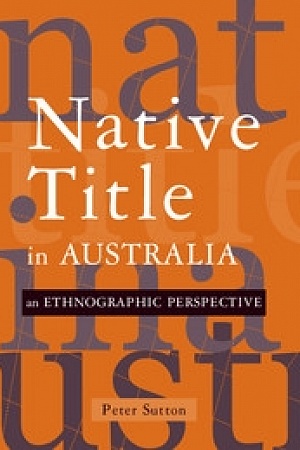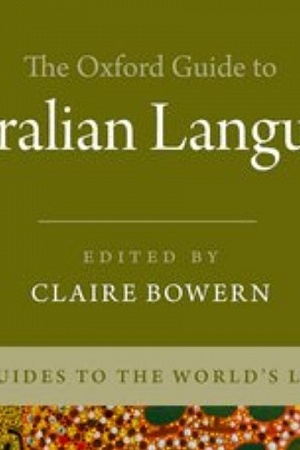‘You take um up my land for me’
Like the nation at large, the University of Melbourne has a troubling history. Stretching back to Victoria’s early colonisation, that history is entwined with the oppression and dispossession of Australia’s Indigenous peoples.
Indigenous people in Australia experience the consequences of that history daily, but the #blacklivesmatter and #blaklivesmatter protests of 2020 pushed questions about the relationship between Australia’s past and present more forcefully into the non-Indigenous consciousness. In the university sector, they added momentum to efforts to dismantle racist legacies crystallised at the University of Cape Town in 2015 by #RhodesMustFall. Against this context, Melbourne University Publishing will soon publish two volumes on the history of the University of Melbourne’s relationship with Indigenous Australia. Volume 1, Truth, presents contributions from Indigenous and non-Indigenous experts, solicited by editors Ross Jones, Marcia Langton, and James Waghorne. They cover the university’s entanglements with Indigenous Australia from its 1853 foundation to the present through four themes: Place, Indigenous Knowledge, Human Remains, and Settler-Colonial Knowledge.
Some of the questions Truth addresses echo those asked in other Australian, US, British, Irish, Canadian, and South African colleges and universities: where did the money come from? What else should we know about the philanthropists and academics that universities celebrate so fulsomely? Other questions are more locally specific: what is the relationship between the university and the Traditional Owners – the Wurundjeri Woi-wurrung – of the Country on which its main campus stands? How have Indigenous students and staff navigated an institution created to advance settler-colonial aspirations? How have Indigenous knowledges, places, objects, and, indeed, bodies featured in the university’s activities? To walk around the Parkville campus or survey a list of founders and benefactors is to encounter a particular version of history. Unsurprisingly, as Truth documents, this history diminishes colonisation’s historical and contemporary impact. It obscures as much as it reveals.
Continue reading for only $10 per month. Subscribe and gain full access to Australian Book Review. Already a subscriber? Sign in. If you need assistance, feel free to contact us.













Leave a comment
If you are an ABR subscriber, you will need to sign in to post a comment.
If you have forgotten your sign in details, or if you receive an error message when trying to submit your comment, please email your comment (and the name of the article to which it relates) to ABR Comments. We will review your comment and, subject to approval, we will post it under your name.
Please note that all comments must be approved by ABR and comply with our Terms & Conditions.